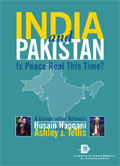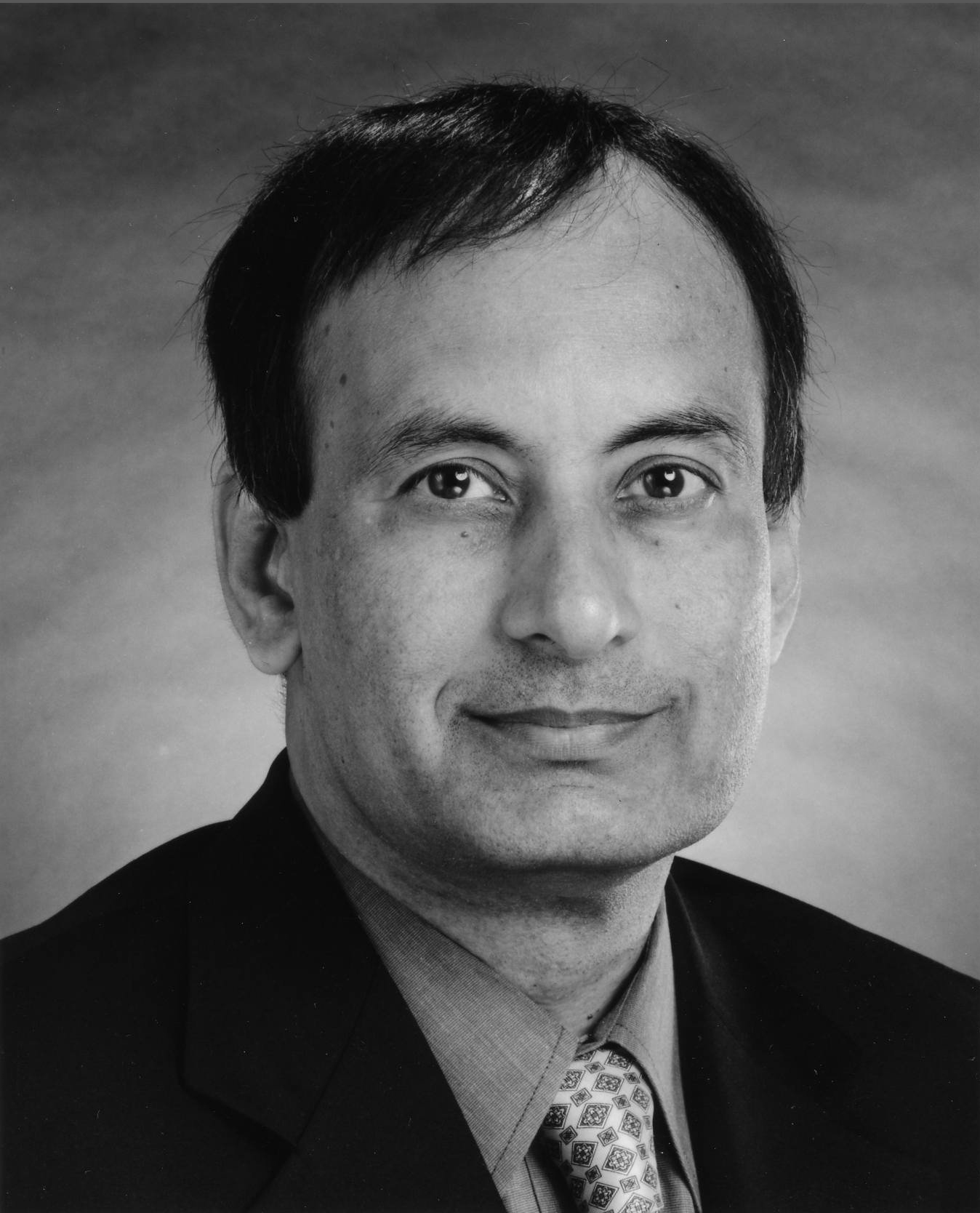New data from the 2026 Indian American Attitudes Survey show that Democratic support has not fully rebounded from 2020.
- +1
Sumitra Badrinathan, Devesh Kapur, Andy Robaina, …

Will the latest diplomatic engagement between India and Pakistan lead to lasting peace, or simply be another in a long string of disappointments?

In the following discussion, Haqqani and Tellis highlight key issues they raised in their respective visits. Both were particularly interested in assessing whether this latest diplomatic engagement would lead to lasting peace, or simply be another in a long string of disappointments.
Click on the link above for full text of this report.
About the Authors
Husain Haqqani is a visiting scholar at the Carnegie Endowment. He is also a leading journalist and diplomat, and a former adviser to Pakistani prime ministers, as well as a syndicated columnist for the Indian Express, Gulf News, and The Nation (Pakistan). He is the author of Pakistan: Between Mosque and Military (Carnegie Endowment for International Peace, 2005).
Ashley J. Tellis is a senior associate at the Carnegie Endowment for International Peace in Washington, D.C. Previously, he served as senior adviser to the ambassador at the embassy of the United States in India. He also served on the National Security Council staff as special assistant to the president and senior director for strategic planning and Southwest Asia. Before his government service, he was for eight years a senior policy analyst at RAND and professor of policy analysis at the RAND graduate school. He is the author of India’s Emerging Nuclear Posture and co-author of Interpreting China’s Grand Strategy. He has co-edited Strategic Asia 2004-05: Confronting Terrorism in the Pursuit of Power and Strategic Asia 2005-06: Military Modernization in an Era of Uncertainty.

Former Visiting Scholar
Former Senior Fellow
Ashley J. Tellis was a senior fellow at the Carnegie Endowment for International Peace.
Carnegie does not take institutional positions on public policy issues; the views represented herein are those of the author(s) and do not necessarily reflect the views of Carnegie, its staff, or its trustees.
New data from the 2026 Indian American Attitudes Survey show that Democratic support has not fully rebounded from 2020.


Sumitra Badrinathan, Devesh Kapur, Andy Robaina, …
The speech addressed Iran but said little about Ukraine, China, Gaza, or other global sources of tension.

Aaron David Miller
Because of this, the costs and risks of an attack merit far more public scrutiny than they are receiving.

Nicole Grajewski
Despite considerable challenges, the CPTPP countries and the EU recognize the need for collective action.

Barbara Weisel
Donald Trump’s trade protectionism has provoked a remarkable range of appeals to history, but none fully captures the nature of Trumpian protectionism, even if there are echoes from the past in different aspects of its content.
Eric Helleiner